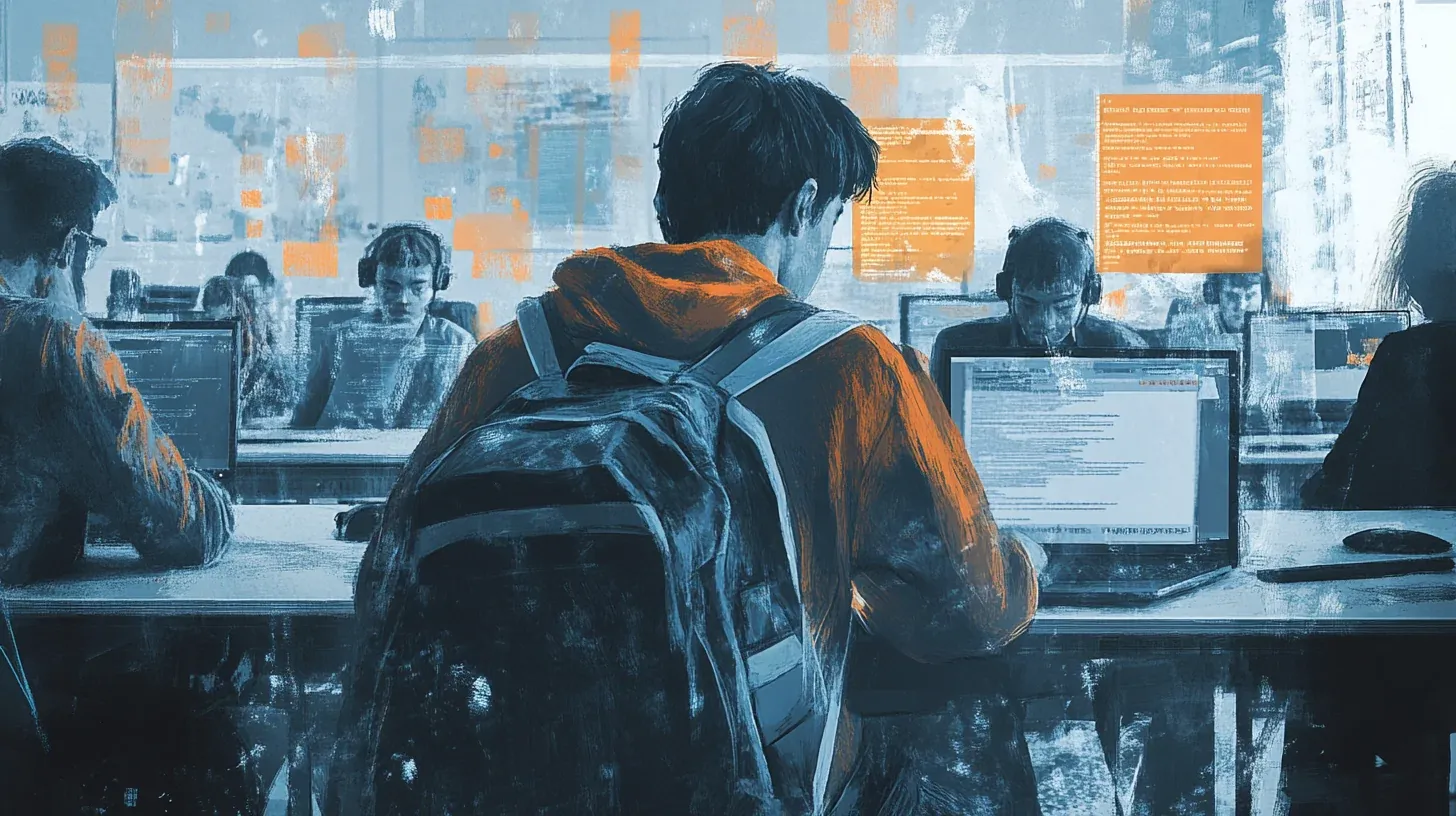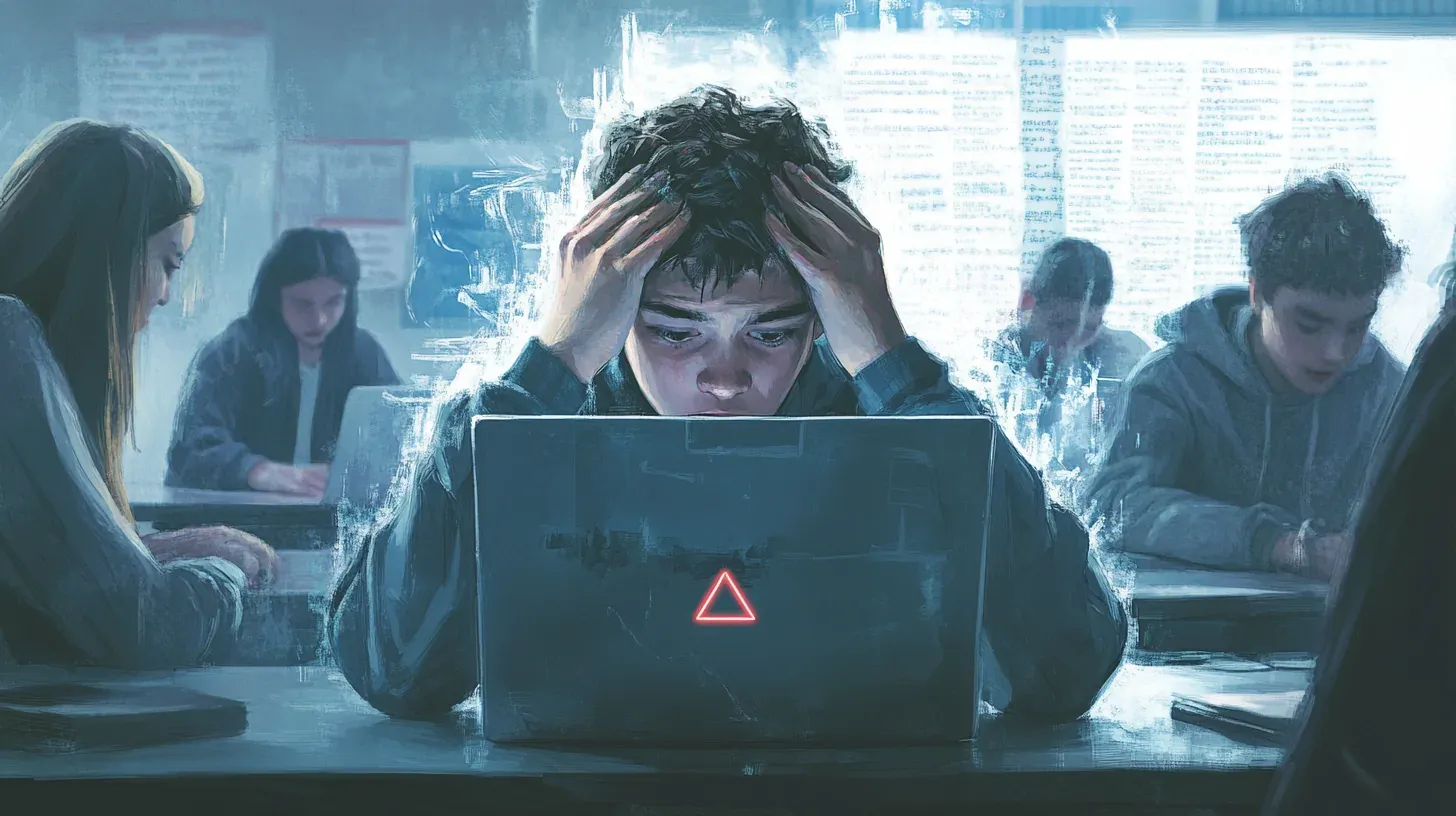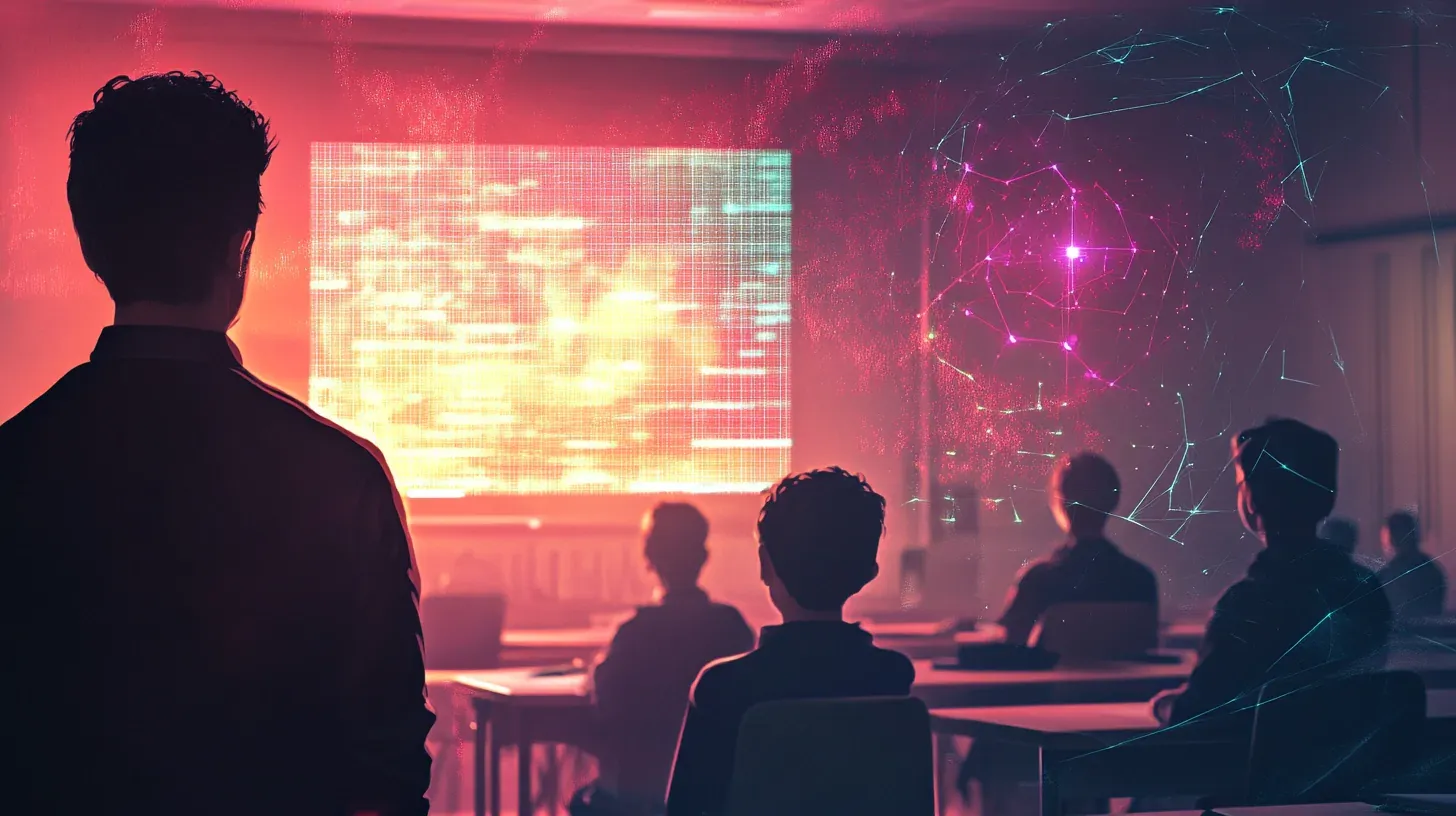In this newsletter, we take a closer look at the past week's events.
UNESCO has just published a guide on a humanistic approach to regulating generative AI. We recommend that anyone involved in education policy or research or considering generative AI in education review this guide.
In addition, we will highlight several upcoming webinars from IT-vest. These webinars are anchored in SIG groups and will focus on artificial intelligence in education. The first webinar will occur on October 4, with further details below.
Remember, we continuously collect the most important news about artificial intelligence in education on our news overview.
Happy reading.
UNESCO: Guide for Generative AI in Education and Research
In the guidance, UNESCO highlights that the rapid development of technology means that legislation is struggling to keep pace, leaving users without adequate data protection. Many educational institutions have also proven unprepared, making handling and validating the countless tools introduced challenging. UNESCO stresses the need for education systems to develop an AI curriculum for technical and academic subjects.
At the same time, the organization points out that AI services based on generative artificial intelligence can deceive young people from developing the cognitive and social skills gained through the physical world, empirical studies such as experiments, discussions with other people, and independent logical thinking.
UNESCO has prepared 7 seven steps to regulate generative artificial intelligence in education.
- Step 1: Adopt global or regional data protection standards or create national rules. The training of generative AI models has required collecting and handling online data from individuals in several countries.
- Step 2: Adopt/revise and fund national AI strategies. Provisions for generative AI should be integrated into national AI plans that promote the safe and ethical use of AI in different sectors, including education.
- Step 3: Establish and implement concrete rules regarding AI ethics. Specific rules are required to address the ethical dimensions of the use of AI.
- Step 4: Adapt or apply existing copyright laws to govern AI-generated content: The increasing use of generative AI creates new complications in copyright, both in terms of the protected content the models are trained on and the status achieved by the 'non-human-made' results.
- Step 5: Build regulatory frameworks for generative AI: The rapid rise of AI technologies pushes national and local authorities to update their regulatory frameworks quickly.
- Step 6: Strengthen the ability to use generative AI properly in education and research: Educational institutions, like schools, should develop competencies to recognize both the benefits and risks of the tools.
- Step 7: Consider the long-term implications of generative AI in education and research: The impact and importance of generative AI in the creation, transfer, and validation of knowledge – in teaching, learning, curriculum design, and evaluation, as well as in research and copyright.
Download the guide below:
Read more about UNESCO's guide here:

Webinar October 4, 2023, 4-5:00 pm
Generative Artificial Intelligence: Challenges and Opportunities for Education
On October 4, Professor Morten H. Christiansen will present "Generative Artificial Intelligence: Challenges and Opportunities for Education". The presentation will be in English, while the subsequent dialogue will be in Danish.
Morten H. Christiansen says: "The vision of Generative Artificial Intelligence is to revolutionize several aspects of our daily lives, from business to healthcare, but what about on the education front? I will attempt to unfold this question by discussing insights from a new study prepared by a Cornell University-wide Committee on Generative Artificial Intelligence for Education and Pedagogy."
Sign up for free below:

New articles on Viden.AI:
We've looked at the different types of students' use of ChatGPT, and here, we've found four different types.
Correction: After the article was published, we technical clarified that,professional knowledge and technological formation play a role in students' interaction with artificial intelligence. The previous edition placed too much emphasis on technological formation alone.
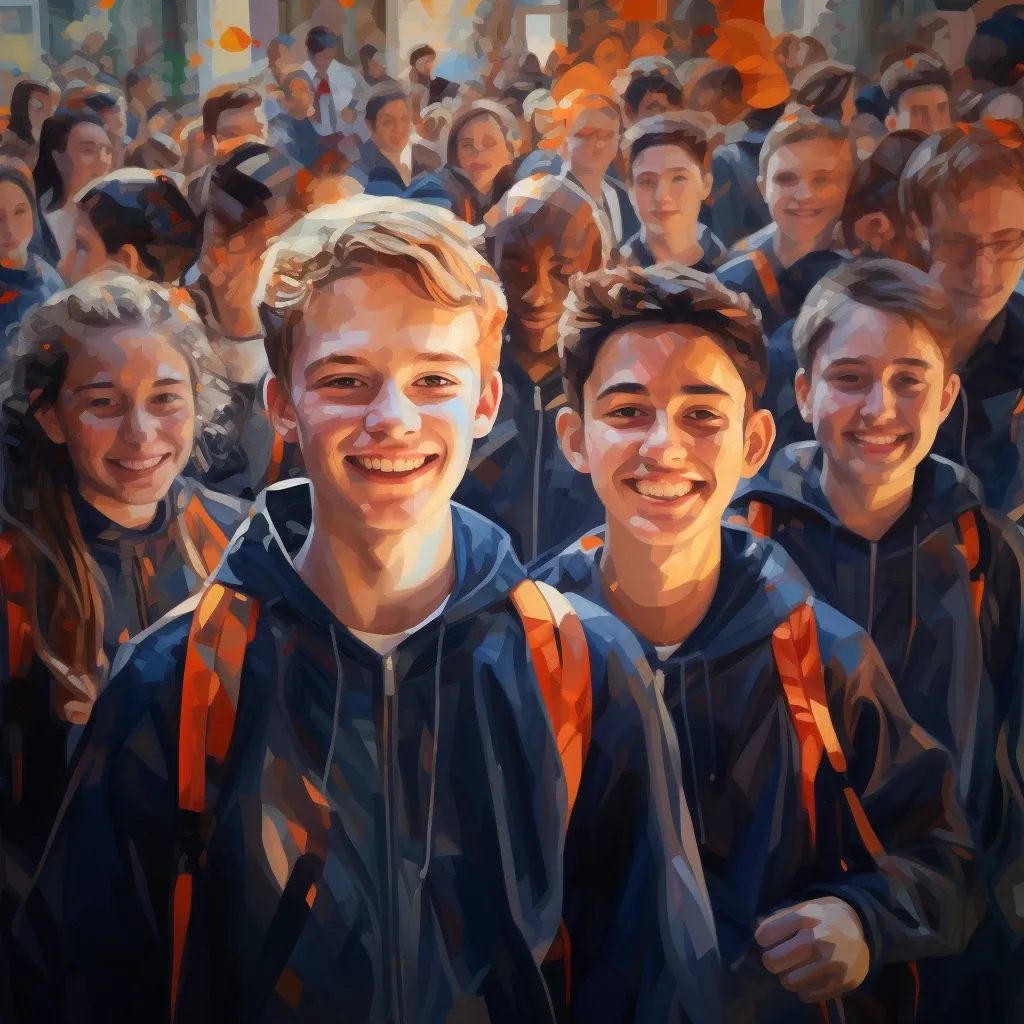
News
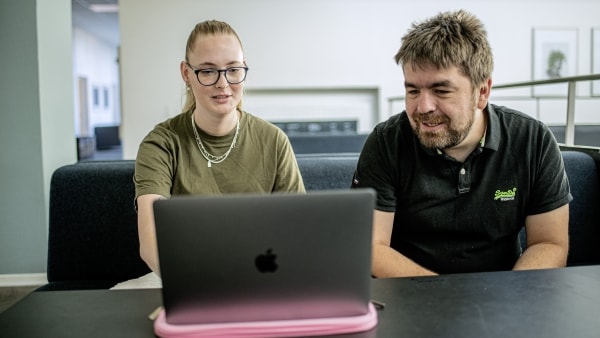

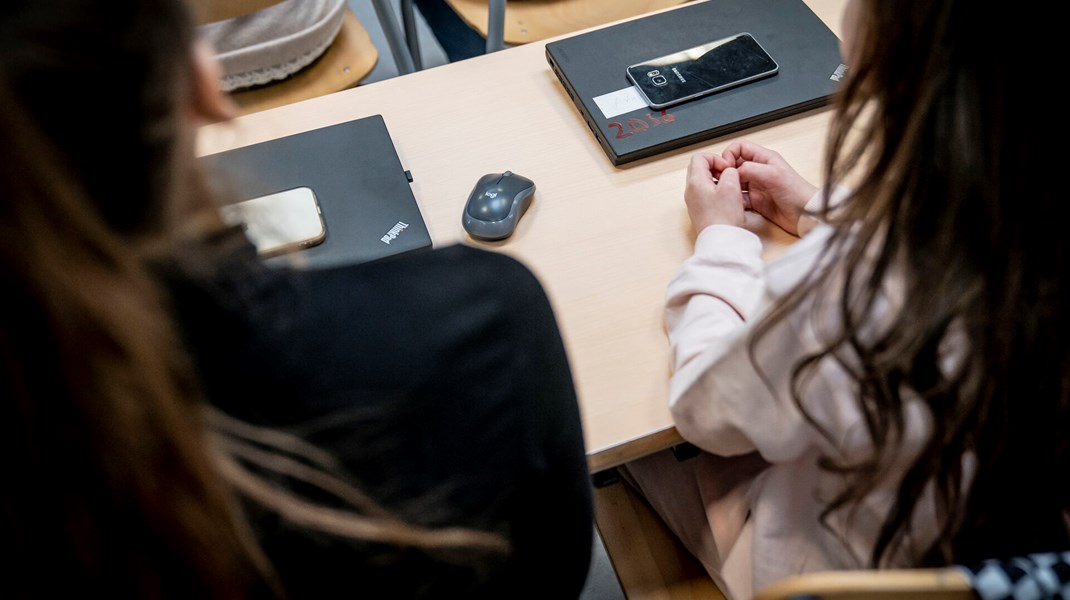


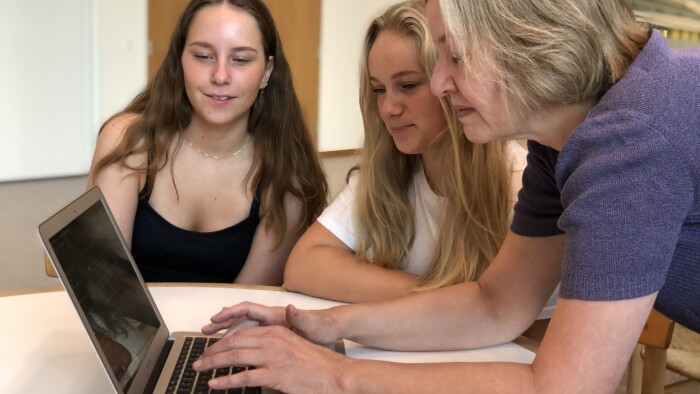
Recommendation of the week
We see quite a lot of AI tools being enriched with artificial intelligence. One of the more interesting ones that we use quite a lot ourselves is Humata. Here, you can go in and ask questions about a PDF file or summarize the content. The intelligent thing about Humata is that it makes references in the text from which it gets the content. This means that you can both read the summary or answer a question and see what it is based on.
You can test Humata here:













